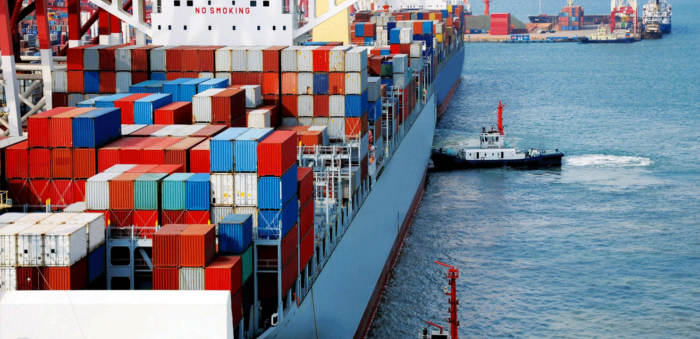A delegation from the ICS, the Asian Shipowners’ Association (ASA) and the European Community Shipowners’ Associations (ECSA) has, at the World Trade Organization (WTO) in Geneva, raised concerns regarding recent increases in protectionist measures. The associations presented two position papers to the WTO, to highlight the importance of the shipping sector fully committing to the preservation and promotion of free trade policies and principles around the world.
This comes at a time when trade barriers are becoming more important, indicating ‘a worrying trend for the delivery of sustainable economic growth.’ The papers report that import-restrictive trade measures have increased seven times since 2017. This amounts to an additional USD 588.3 billion of costs to global trade. This becomes especially important after the US decided to increase import tariffs on certain goods from China.
Addressing the WTO Simon Bennett, ICS Deputy Secretary General, stated that:
It is no coincidence that the massive growth in the global economy and thus the demand for maritime services that has been seen over the past 25 years has followed the WTO’s establishment in 1995. Global maritime trade now exceeds ten billion tonnes of cargo a year, but the efficiency of the shipping sector is dependent on a rules based trading system
[smlsubform prepend=”GET THE SAFETY4SEA IN YOUR INBOX!” showname=false emailtxt=”” emailholder=”Enter your email address” showsubmit=true submittxt=”Submit” jsthanks=false thankyou=”Thank you for subscribing to our mailing list”]
He added that this requires the negotiation and compliance to multilateral trade agreements under the auspices of the WTO. Recently this success story has received unwarranted criticism and threat by certain governments, including the US, undermining the WTO’s role as the regulator of international trade. ‘There are no winners when you increase unilateral tariffs, which is why the best place to address disputes is at the WTO’, Mr. Bennett said.
Namely, now 137 new trade-restrictive measures were put in place between 2017 and 2018, adding significant burden and cost to the free movement of goods.
In addition, speaking in the margins of the WTO negotiations on e-commerce, Lieselot Marinus, Director of Shipping & Trade Policy at ECSA, expressed a concern about the growth of sector specific protectionist measures, and especially cargo reservation where the carriage of international cargoes is restricted to national flag ships, undermining fair competition and a global level playing field.
Moreover, Captain Ang Chin Eng, Secretary General of the ASA added that:
The global shipping sector is calling on the global community and WTO Member States to continue to support the WTO and its various functions, which help to govern and maintain the efficient operation of global trade in the best interests of all nations






























































